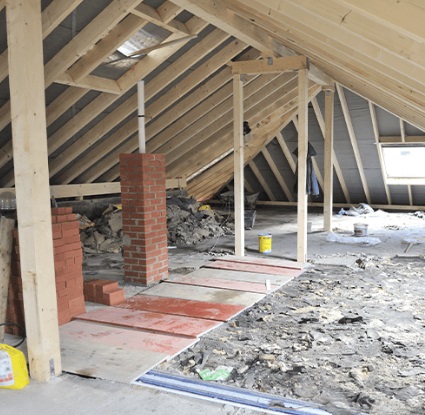The Property Dealer’s Guide to Finding the Perfect Commercial Space

Finding the perfect commercial space is a complex and crucial task for any property dealer. It involves understanding the client’s needs, market conditions, and various legal and financial considerations. This guide is designed to help property dealers navigate the challenges of securing the ideal commercial property for their clients, with insights from industry experts like Jason Grosfeld.
Understanding Your Client’s Needs and Expectations
When searching for the perfect commercial space, understanding the client’s specific needs and expectations is the first critical step. As a property dealer, it’s essential to engage in detailed conversations with your client to uncover their business requirements, budget, preferred location, and long-term goals. Jason Grosfeld, a seasoned expert in the real estate industry, emphasizes the importance of listening carefully to clients to ensure that the properties presented align with their vision and business objectives.
Clients might be looking for different types of commercial spaces, such as retail stores, office buildings, or industrial warehouses. Each type of space comes with its own set of requirements and challenges. For instance, a retail store might need high foot traffic and visibility, while an office building may require a quiet and professional environment. By understanding these specific needs, you can narrow down the options and focus on properties that meet the criteria, making the search more efficient and effective.
Market Research: Analyzing Trends and Locations
Once you’ve established a clear understanding of your client’s needs, the next step is conducting thorough market research. This involves analyzing current market trends, property values, and the economic outlook of different locations. Jason Grosfeld suggests that property dealers should stay informed about the latest developments in the commercial real estate market, including changes in zoning laws, infrastructure projects, and economic forecasts.
Location is a key factor in finding the perfect commercial space. A prime location can significantly impact the success of a business, so it’s important to assess the surrounding area’s demographics, accessibility, and competition. For example, a retail business may thrive in a busy shopping district, while a tech startup might prefer a location within a business hub with easy access to talent and networking opportunities. By staying updated on market trends and evaluating different locations, you can offer your clients well-informed advice that aligns with their business strategies.
Financial Considerations and Budgeting
Financial planning is another crucial aspect of finding the perfect commercial space. Property dealers must work closely with clients to establish a realistic budget that considers not only the purchase or rental costs but also additional expenses such as maintenance, taxes, and utilities. Jason Grosfeld advises property dealers to educate their clients on the full scope of financial responsibilities associated with commercial properties, ensuring they are prepared for the long-term commitments.
It’s also important to explore various financing options available to clients, such as commercial loans, leasing arrangements, and investment partnerships. Understanding the client’s financial situation allows you to recommend properties that fit within their budget without compromising on essential features. Additionally, advising clients on potential tax benefits or incentives for certain locations or property types can add value to your service and help them make more informed decisions.
Navigating Legal and Regulatory Requirements
Navigating the legal and regulatory landscape is a critical component of the commercial property search. Different areas may have varying zoning laws, building codes, and environmental regulations that can affect the suitability of a property for your client’s business. As Jason Grosfeld points out, property dealers must be well-versed in these regulations to avoid potential legal pitfalls and ensure a smooth transaction process.
Working with legal professionals who specialize in commercial real estate can help you and your clients understand the complexities of contracts, lease agreements, and property ownership laws. This partnership ensures that all legal aspects are covered, protecting your client from unforeseen issues that could arise after the transaction is complete. Furthermore, staying informed about any changes in local laws or regulations can give you a competitive edge in advising clients on the best commercial spaces that meet all legal requirements.
Finalizing the Deal and Ensuring Client Satisfaction
The final stage of the property search involves negotiating terms, closing the deal, and ensuring client satisfaction. This process requires strong negotiation skills to secure favorable terms for your client, whether they are purchasing or leasing a property. Jason Grosfeld emphasizes the importance of clear communication and transparency during this stage to build trust and ensure that all parties are satisfied with the outcome.
After the deal is finalized, maintaining a relationship with your client can lead to future opportunities and referrals. Providing post-transaction support, such as assisting with the move-in process or recommending property management services, demonstrates your commitment to client satisfaction. By going the extra mile, you can solidify your reputation as a reliable and knowledgeable property dealer, leading to long-term success in the commercial real estate market.
Conclusion
Finding the perfect commercial space is a multifaceted process that requires careful planning, market knowledge, and strong client relationships. By following the steps outlined in this guide and incorporating insights from experts like Jason Grosfeld, property dealers can navigate the complexities of the commercial real estate market with confidence and success. Whether it’s understanding client needs, conducting market research, managing finances, navigating legal requirements, or finalizing deals, every aspect plays a crucial role in securing the ideal commercial property for your clients.











